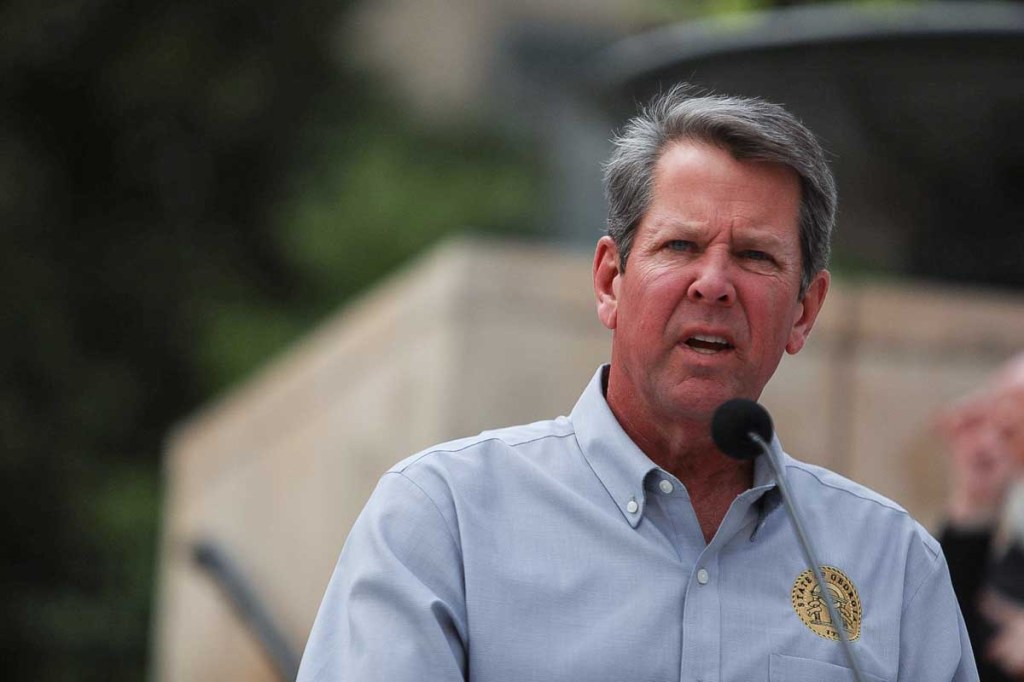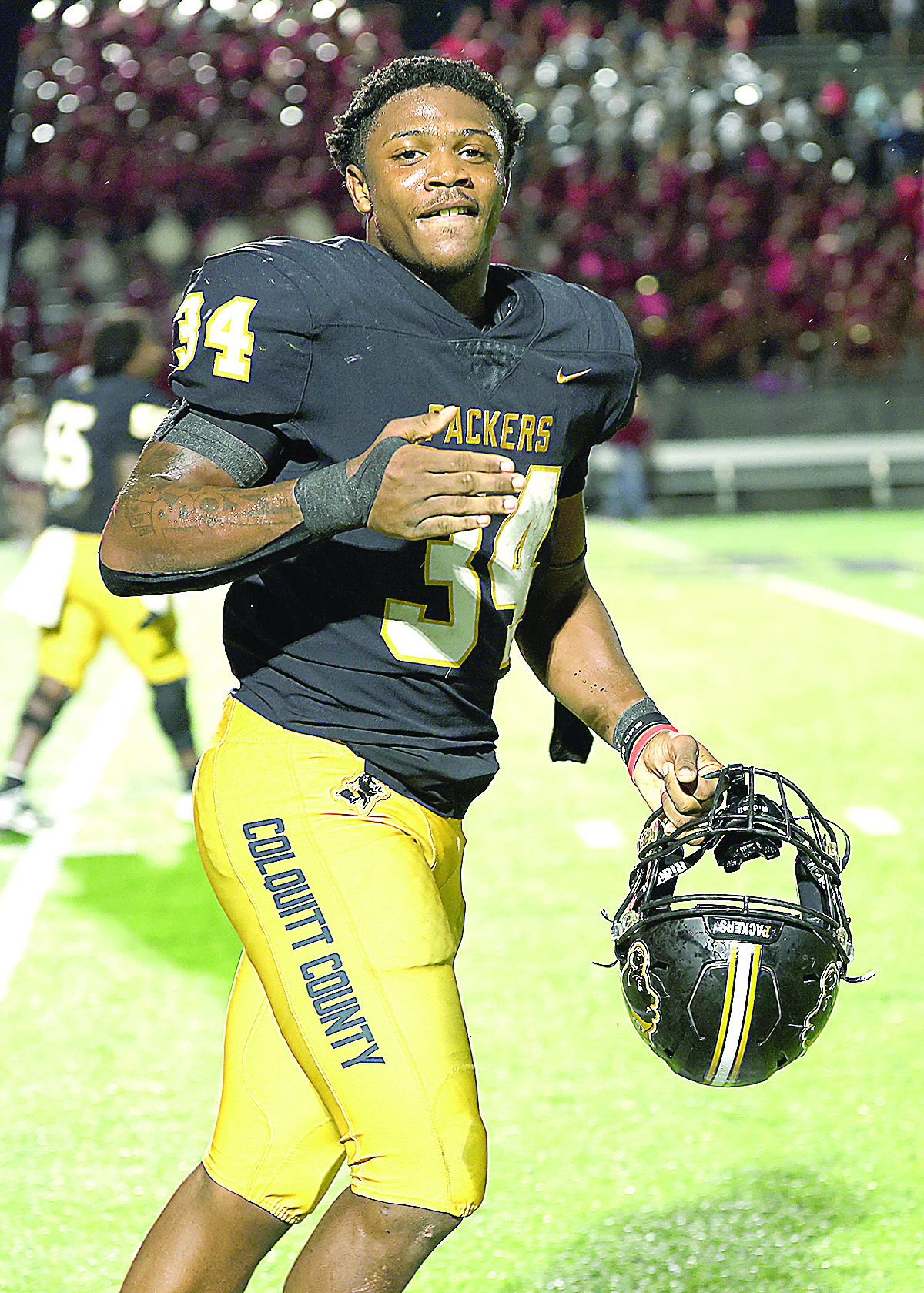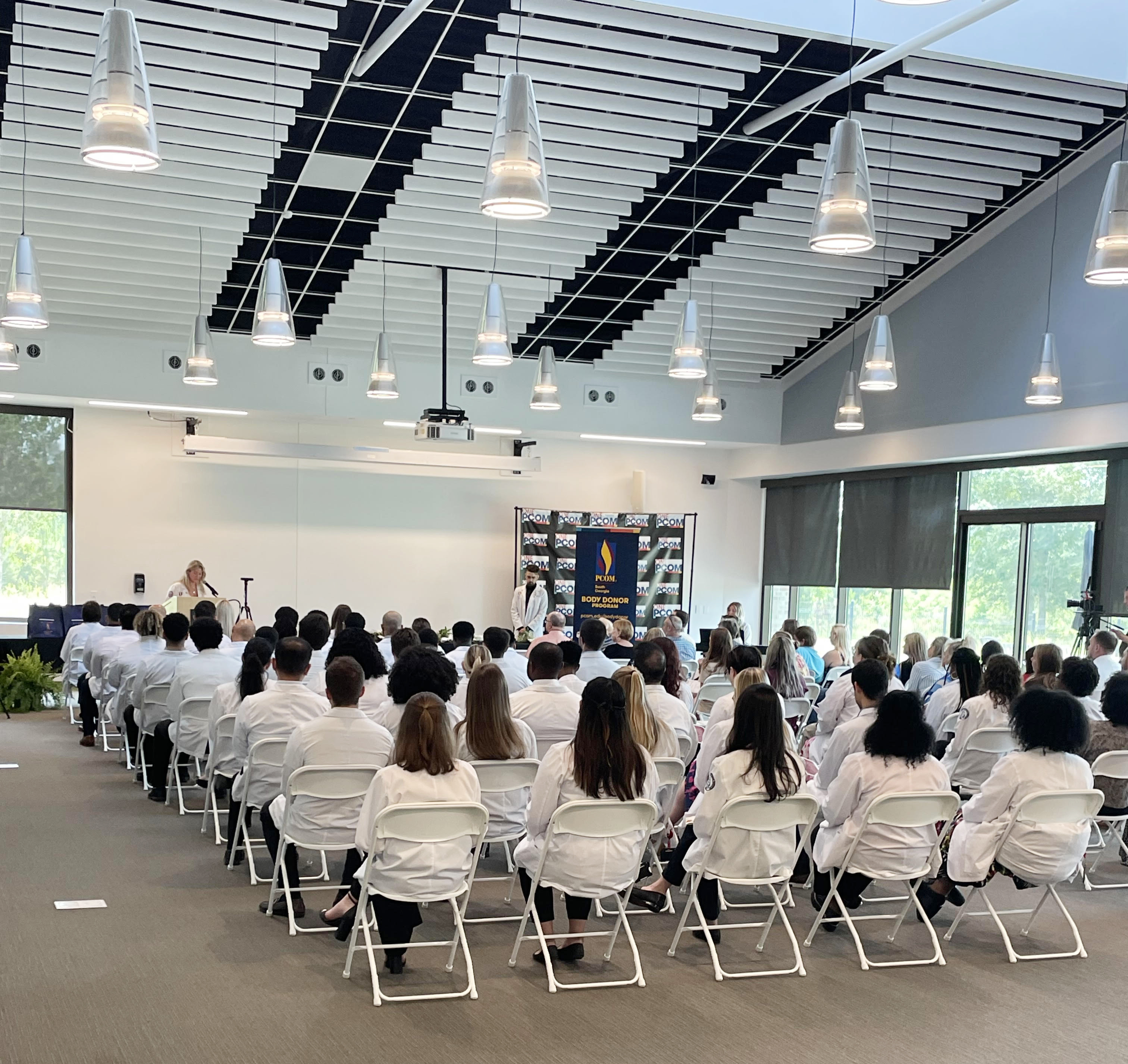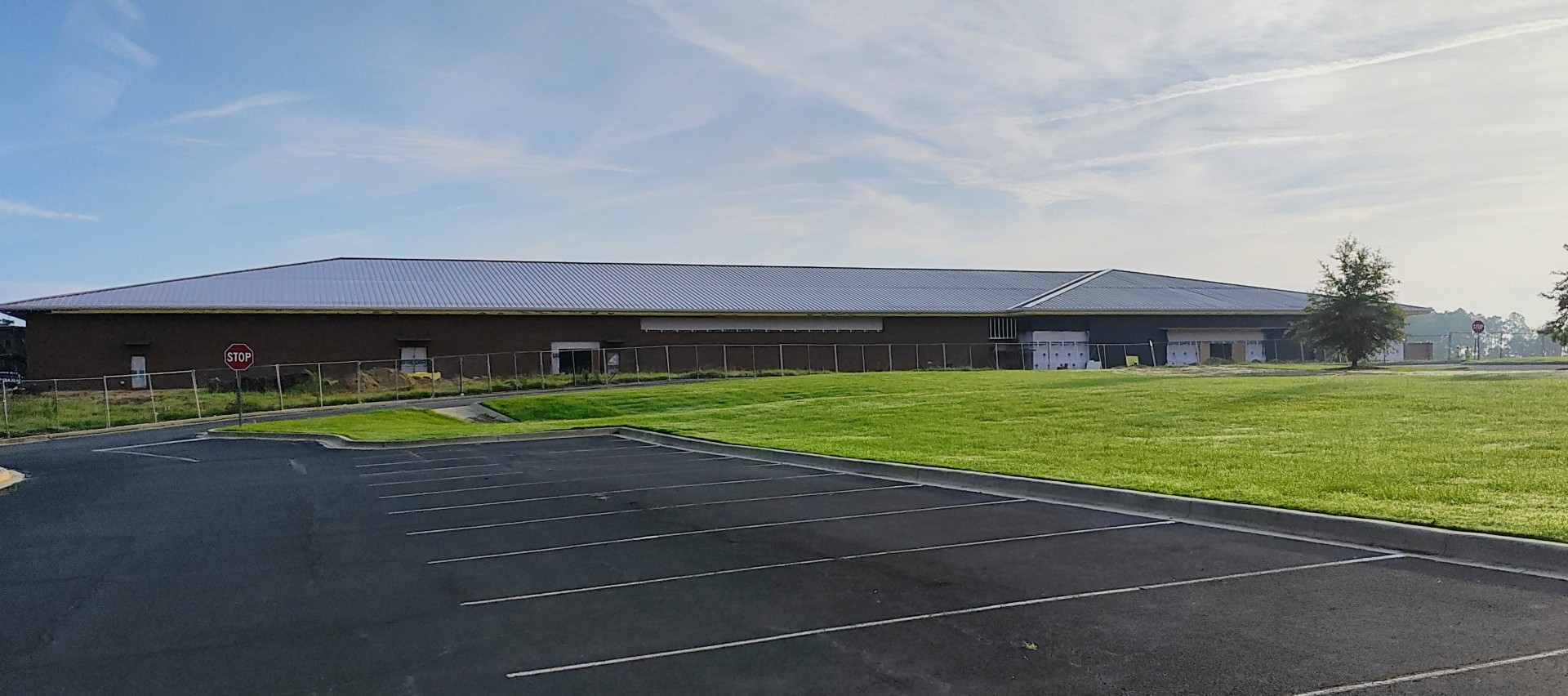Kemp order details lengthy requirements for reopening businesses
Published 1:00 pm Friday, April 24, 2020

- Gov. Brian Kemp gives a state update on the COVID-19 outbreak and outlines expanded testing criteria during a press conference on April 13.
ATLANTA — Mere hours before some Georgia businesses were slated to reopen, Gov. Brian Kemp released a lengthy executive order detailing steps owners must take in order to open their doors.
The document, “Reviving a Healthy Georgia,” details the first phases in Georgia’s plan to reopen, a move that has been criticized as haphazard and too soon.
The order reiterates that all Georgians are encouraged to wear face masks while outside their homes, continue to adhere to large gathering bans and social distancing guidelines.
Elderly and “medically fragile” populations are ordered to shelter in place until May 13.
Restaurants have been given the green light by the Republican governor to resume dine-in services beginning Monday, April 27, but are restricted from allowing more than 10 patrons per 500 square feet — not including staff.
The order lists 39 other criteria restaurants must comply with, including screening employees for symptoms, requiring employees to wear masks at all times, when possible separating work spaces by six feet and limiting contact between wait staff and patrons.
Businesses are asked to suspend salad bars and buffets and do away with presetting tables. Self-service drink and utensil stations are not allowed and floor plans must be adjusted to adhere to social distancing guidelines among other sanitation requirements.
Gyms and fitness centers must screen patrons as they enter, limit occupancy, ban group classes and limit or do away with locker room use if possible.
Arguably, the most controversial businesses reopening — including hair salons, massage therapists, barber shops and tattoo parlors — must provide services by appointments only and allow only one visitor per service provider at a time. Employees are required to wear personal protective equipment and close down waiting rooms.
At movie theaters, visitors must sit in seats six feet apart enforced by an usher at the beginning of every screening. Bowling alleys must remove self-service balls, limit lanes to six people and thoroughly sanitize all score machines, ball returns and tables and seats after every use.
Grocery stores are required to limit visitors, encourage non-cash payments, install staff protective screens and close in-store dining stations.
The lengthy requirements are not easily implemented, suggesting many businesses will remain closed for a few days to make sure they’re up to speed.





